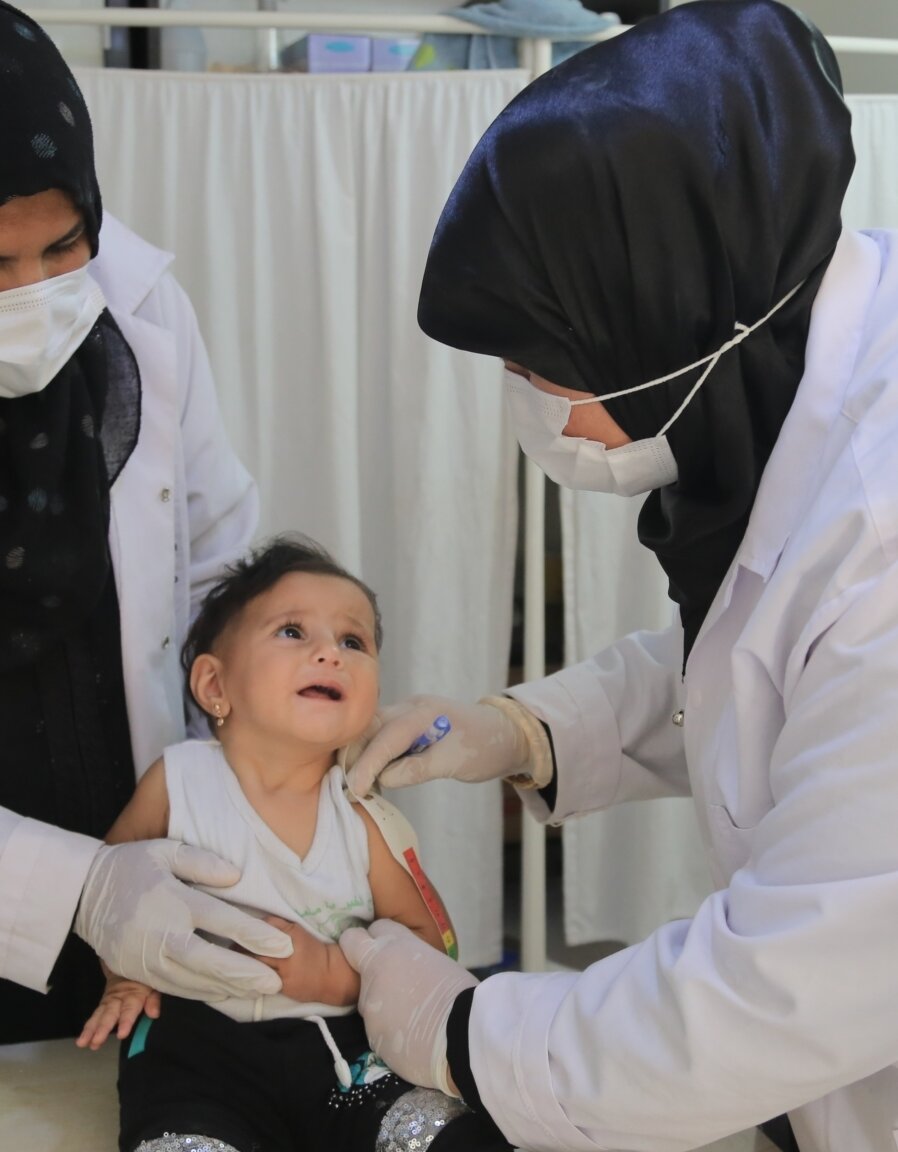“Every morning, as I trek to the clinic, I witness the resilience of our people, facing overwhelming challenges to access healthcare,” shares a health worker from a remote Afghan village.
This statement encapsulates the critical need for accessible healthcare in Afghanistan, a theme central to my research for the Adroit International Research Fellowship on the nation’s health and nutrition crises. Delving into the heart of communities affected by decades of conflict, my study seeks to voice the everyday realities of Afghans, highlighting the stark disparities in healthcare access and the resilience that characterizes their pursuit of health rights. Reflecting on my experiences working on the ground in Afghanistan has been both enlightening and challenging. Over the past few years, my engagement at the provincial, district, and village levels has provided me with a firsthand understanding of the healthcare dynamics in diverse settings — from the relatively developed urban areas to the isolated regions of the country.
Healthcare in Remote Villages of Afghanistan
In remote villages nestled in hilly terrains, the realities of healthcare access are stark. Families often travel for hours to receive basic health services, their journeys made even more difficult by harsh winters and inadequate infrastructure. The stories are heartbreaking, like those of families who have lost loved ones due to the lack of nearby maternal health facilities or children suffering from malnutrition — clear indicators of deep-rooted poverty and food scarcity.
One such story is that of Sayed Zahir, a villager who tragically lost his wife and newborn last winter. He pointed to a nearby graveyard on the hills, where many graves belong to mothers and newborns who died during childbirth, highlighting the urgent need for accessible healthcare and the devastating consequences of its absence.
Yet, despite these challenges, there are glimmers of resilience and progress. Health workers, often navigating difficult terrains and limited resources, show relentless dedication to providing care in available district and village health facilities. Their commitment is a beacon of hope amidst the adversities. One health worker shared, “Every day brings new challenges, but seeing the relief on a patient’s face makes it all worthwhile. We’re here to serve, no matter how tough the journey might be.” This dedication highlights the unwavering spirit of those on the frontline of healthcare in Afghanistan.

Disparities Between Urban and Rural Healthcare Accessibility
In Afghanistan, the disparities between urban accessibility and rural scarcity of healthcare services are stark. Our recent survey, conducted with over 1000 participants across varying regions from provincial centres to remote villages, revealed deep insights into these disparities and the broader health and nutrition challenges that many Afghans face. We utilized a hybrid data collection approach, combining the digital efficiency of the Kobo application with the grassroots effort of field workers, ensuring comprehensive coverage across both digitally connected and isolated areas.
Key Insights from the Research
The survey identified numerous challenges, including limited access to medical facilities, infrastructure deficiencies, a shortage of healthcare professionals, a lack of medical supplies, cultural and social barriers, economic constraints, and the impact of ongoing conflict. These challenges are vividly illustrated by stories like that of a village where residents traverse difficult terrains for basic medical attention, often resulting in preventable hardships. Such anecdotes underscore the resilience of communities striving to overcome these systemic barriers and the urgent need for targeted interventions.
The insights gained from this research can guide future strategies and interventions aimed at addressing these healthcare disparities. This ongoing project continues to adapt and evolve, driven by the real stories of those who are most affected by Afghanistan’s health and nutrition crisis.
Conclusion
Amplifying ground-level voices is pivotal. Each story from healthcare workers and affected families not only underscores the immediate need for comprehensive healthcare solutions but also humanizes the data. These personal accounts are instrumental in painting a full picture of the situation, ensuring that policy formulations and healthcare initiatives are not only effective but also empathetic and inclusive. By focusing on these voices, we can drive meaningful change, addressing not just the symptoms but the systemic issues of Afghanistan’s healthcare crisis.

